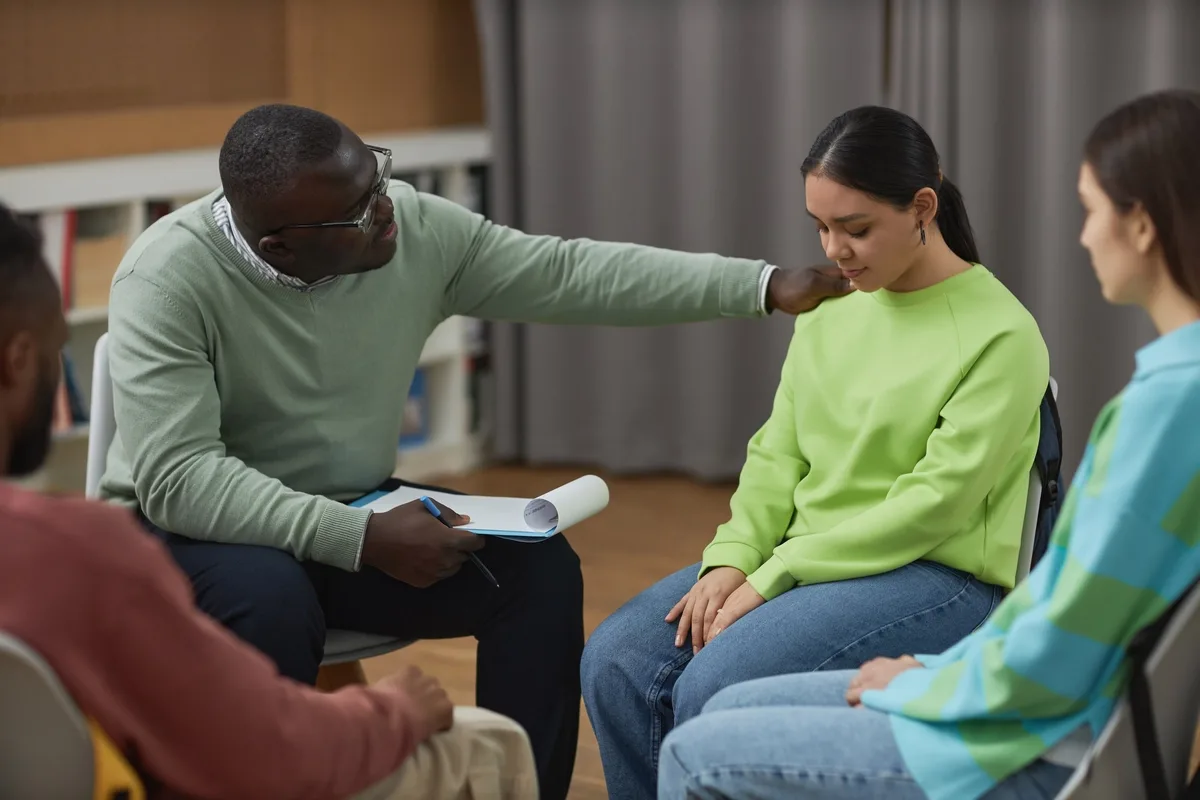24/7 Helpline:
(866) 899-111424/7 Helpline:
(866) 899-1114
Other Insurance Options

Private insurance

United Health Care

Choice Care Network

BHS | Behavioral Health Systems

Anthem
Beacon

Absolute Total Care

UnitedHealth Group

Providence

Covered California

EmblemHealth

Ceridian

Kaiser Permanente

MVP Healthcare

Sutter

Molina Healthcare

Premera

BlueCross

BlueShield

MHNNet Behavioral Health







Army Substance Abuse Program – ASAP
Army Substance Abuse Program – ASAP is a public rehab located in Fort Benning, Georgia. Army Substan...






